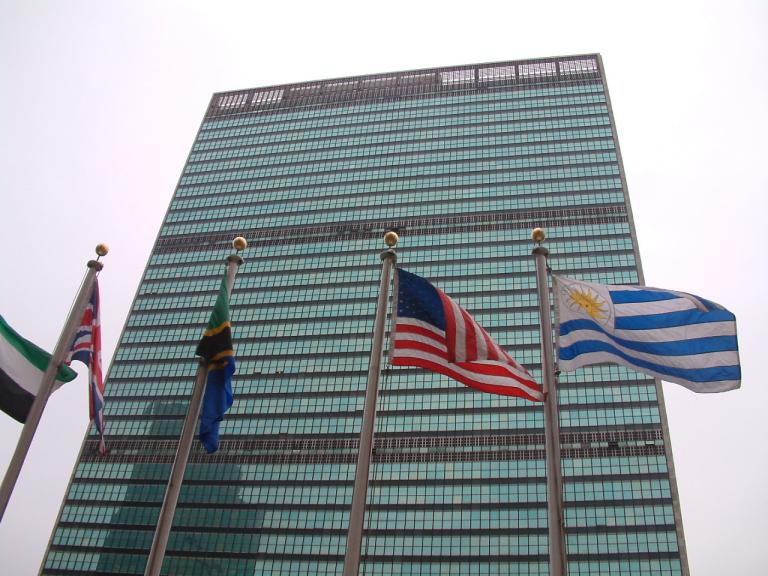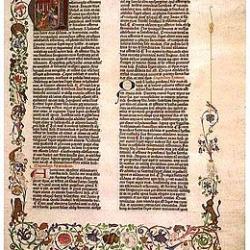 Yesterday the United Nations voted to declare America’s support of Jerusalem as Israel’s capital “null and void.” The overwhelming 128-9 vote strongly showed the bias of UN leaders, leading to the question, “Why does the United Nations oppose Israel?”
Yesterday the United Nations voted to declare America’s support of Jerusalem as Israel’s capital “null and void.” The overwhelming 128-9 vote strongly showed the bias of UN leaders, leading to the question, “Why does the United Nations oppose Israel?”
Politically, much is at stake. Arab nations and those influenced by them stand against legal recognition of Jerusalem as Israel’s capital. Instead, Arab nations seek a Palestinian nation in which Jerusalem (or at least part of it) serves as its capital.
Spiritually, there are two conflicting views on this matter. Muslims who hold to the teachings of the Qur’an and Hadith view Jerusalem as their religion’s third-holiest city, following Mecca and Medina. It is the home of the Al-Asqa mosque, and plays a prominent role in the end times views of both Shiite and Sunni Muslims.
For Jews and Christians who adhere to the teachings of the Bible, Jerusalem is viewed as what Israeli’s call the “eternal capital” of Israel. In the Old Testament (or Hebrew Bible for Jews), David conquered Jerusalem, making the city his capital in about 1,000 B.C. It was proclaimed as the eternal throne of Israel. The temple would later be established in this city, with many predictions of the Messiah’s return to reign from David’s throne.
For Christians living today, there is much confusion (and often, simply apathy) regarding how to view Jerusalem. The Bible does predict it will be the future place where Jesus will return to reign. In addition, Jerusalem is the “land where Jesus walked,” and historically holds great value for Christians.
Third, as the Middle East’s longest-established democracy, it certainly is favorable toward Americans who share these values. Fourth, praying for the peace of Jerusalem serves as a modern application of Psalm 122:6.
The conflict generally exists between whether supporting political efforts in Israel today is something Christians should support. The Bible offers general advice regarding support of this nation and people, but does not specify supporting every decision or detail.
Christians can certainly support Israel, but do not need to feel the need to stand with every political move. The support of recognizing Jerusalem as its capital, however, is a mix of spiritual, historical, and political views. Christians can support both the spiritual and historical aspects, while remaining divided on the political aspects.
As for me, I am more open in supporting Israel, both biblical and politically, as I see value in supporting democracy in the Middle East over the governments of their opponents. Yet my focus is not on the kingdoms of this world, but of the heavenly kingdom Jesus spoke of in his teachings. We need more of a focus on what is eternal rather than what is political. When we focus on his words, we see the challenge to speak to “Our Father who is in heaven.”
This Christmas, may our hearts and actions look to the one who first caused political concern in Jerusalem 2,000 years ago. This newborn king is the King of kings we can all unite under as believers today.
+++
Dillon Burroughs is the author and coauthor of numerous books and blogs about his experiences of handwriting the Bible at the Holy Writ Project on Patheos.com. Find out more about Dillon at Facebook or Twitter.











